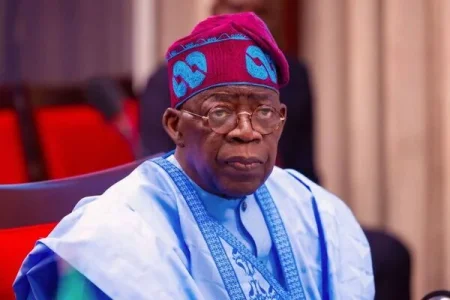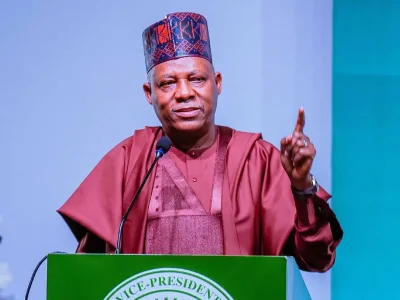
A U.S. judge has ordered the release of files related to Nigerian President Bola Tinubu’s alleged involvement in a 1990s drug probe. The decision follows a FOIA lawsuit and challenges years of secrecy from U.S. agencies. The case could have major implications for transparency, privacy rights, and international politics.
A U.S. federal judge has ordered several law enforcement agencies to release confidential records related to Nigerian President Bola Ahmed Tinubu, as part of a long-standing inquiry dating back to the early 1990s.
Judge Beryl Howell of the U.S. District Court in Washington, D.C., ruled that agencies like the FBI and DEA could no longer withhold the existence of potential documents linked to Tinubu’s alleged involvement in a historic drug investigation. The ruling, delivered this month, challenged the “Glomar responses” previously issued by the agencies, which had refused to confirm or deny whether such files existed.
The legal challenge originated from a 2023 Freedom of Information Act (FOIA) lawsuit filed by American transparency advocate Aaron Greenspan. He requested records from six agencies—including the FBI, IRS, DEA, CIA, and the State Department—concerning a suspected Chicago heroin trafficking network from the early 1990s.
Tinubu’s name surfaced in connection to a 1993 civil forfeiture case in which he relinquished $460,000 to U.S. authorities. While that forfeiture did not lead to a criminal conviction, it reignited public interest during Nigeria’s 2023 presidential election. The matter was ultimately dismissed in Nigerian courts, affirming Tinubu's eligibility to run.
President Tinubu later attempted to intervene in the FOIA case, citing privacy concerns over his tax and law enforcement records. But Judge Howell found such arguments insufficient to block disclosure. Her decision marks a significant step toward transparency, though the full scope of the files remains unclear.
As the case unfolds, it raises fresh questions about global accountability, privacy rights, and the political implications of revisiting unresolved international investigations.




